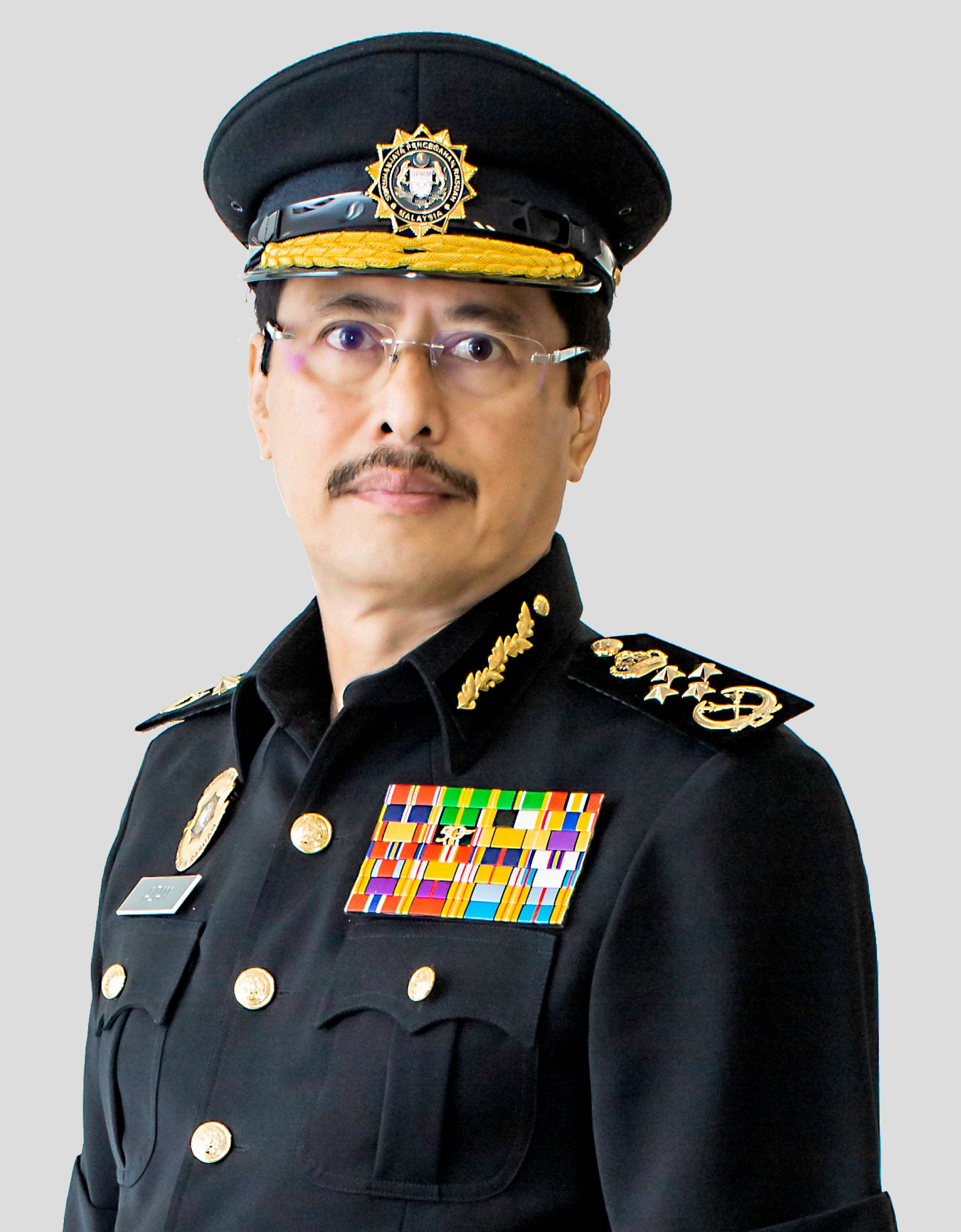Malaysian corruption scandal: are whistle-blowers truly protected?
Sabah-based businessman Albert Tei had secretly filmed senior state politicians allegedly soliciting and accepting bribes

Two Malaysian lawmakers – along with the businessman who exposed them in covert videos – have been arrested in Sabah state, anti-corruption authorities have confirmed, in a scandal that has raised questions over protections afforded to whistle-blowers.
Sabah, Malaysia’s second-largest state, is among the country’s poorest and has long been plagued by corruption allegations, including those linked to former chief minister Musa Aman, controversially appointed governor earlier this year.
On Wednesday, Malaysian Anti-Corruption Commission (MACC) chief Azam Baki confirmed the arrests of the lawmakers in a major development since officials reopened investigations following strong public pressure.
“Those people will be charged in court this month, maybe [towards] the end of this month, pending court dates,” Azam said.
But the MACC also confirmed that Sabah-based businessman Albert Tei would be charged alongside the two assemblymen – who were not named – as he was not protected by the Whistleblower Protection Act 2010.

Tei had secretly filmed videos allegedly showing senior state politicians soliciting and accepting bribes. He shared the videos with news portal Malaysiakini, which posted them on its platform.
The footage went viral, prompting denials from the politicians involved, who accused Tei of releasing the videos as revenge for not receiving government contracts.
Initially, the MACC dismissed the videos as inadmissible as they were not directly surrendered to it and had been edited, but it reopened the case after public outcry.
MACC legal and prosecution senior director Wan Shaharuddin Wan Ladin said the law clearly stated that anyone involved in the offence they reported would not be eligible for protection.
“If a person is involved in the offence in any way, they are not protected under the Act and therefore cannot be considered a whistle-blower,” he said. “This is to preserve the integrity of the whistle-blower framework and prevent it from being misused as a ‘shield’ by those trying to escape accountability.”
Transparency International Malaysia previously said Tei’s situation highlighted that whistle-blowing was rarely clear-cut and that reforms to strengthen protections for whistle-blowers – who were often caught between complicity and conscience – were needed.
Under Malaysia’s current Whistleblower Protection Act, those who approach the media before going to the authorities are also automatically disqualified from legal protection. This remains the case even when disclosures are made in good faith, based on a reasonable suspicion of wrongdoing and are clearly in the public interest.
“If we are to genuinely support transparency and anti-corruption efforts, our laws must protect – not punish – those who take steps to correct wrongdoing in the public interest,” the NGO’s president, Raymon Ram, told This Week in Asia.